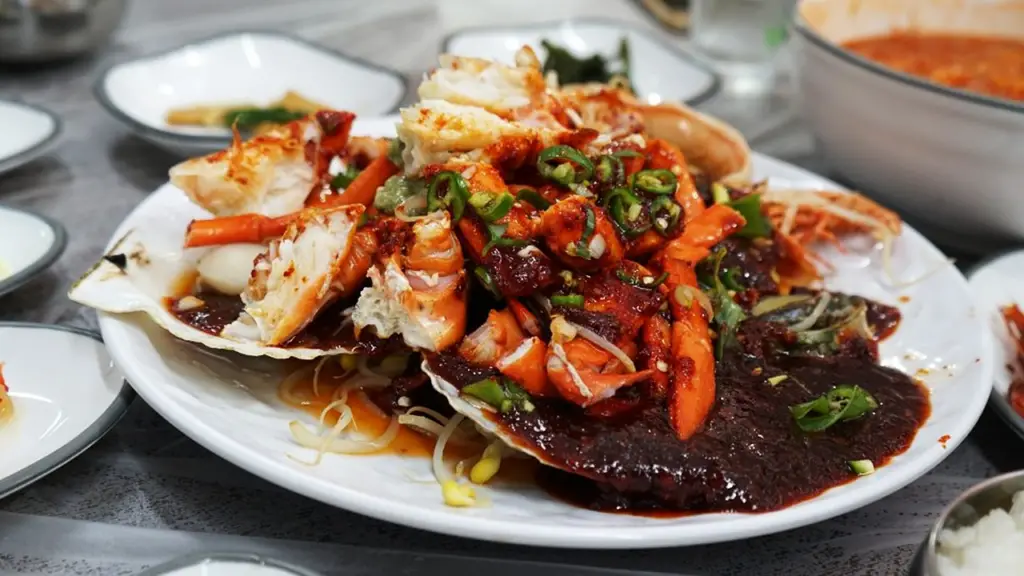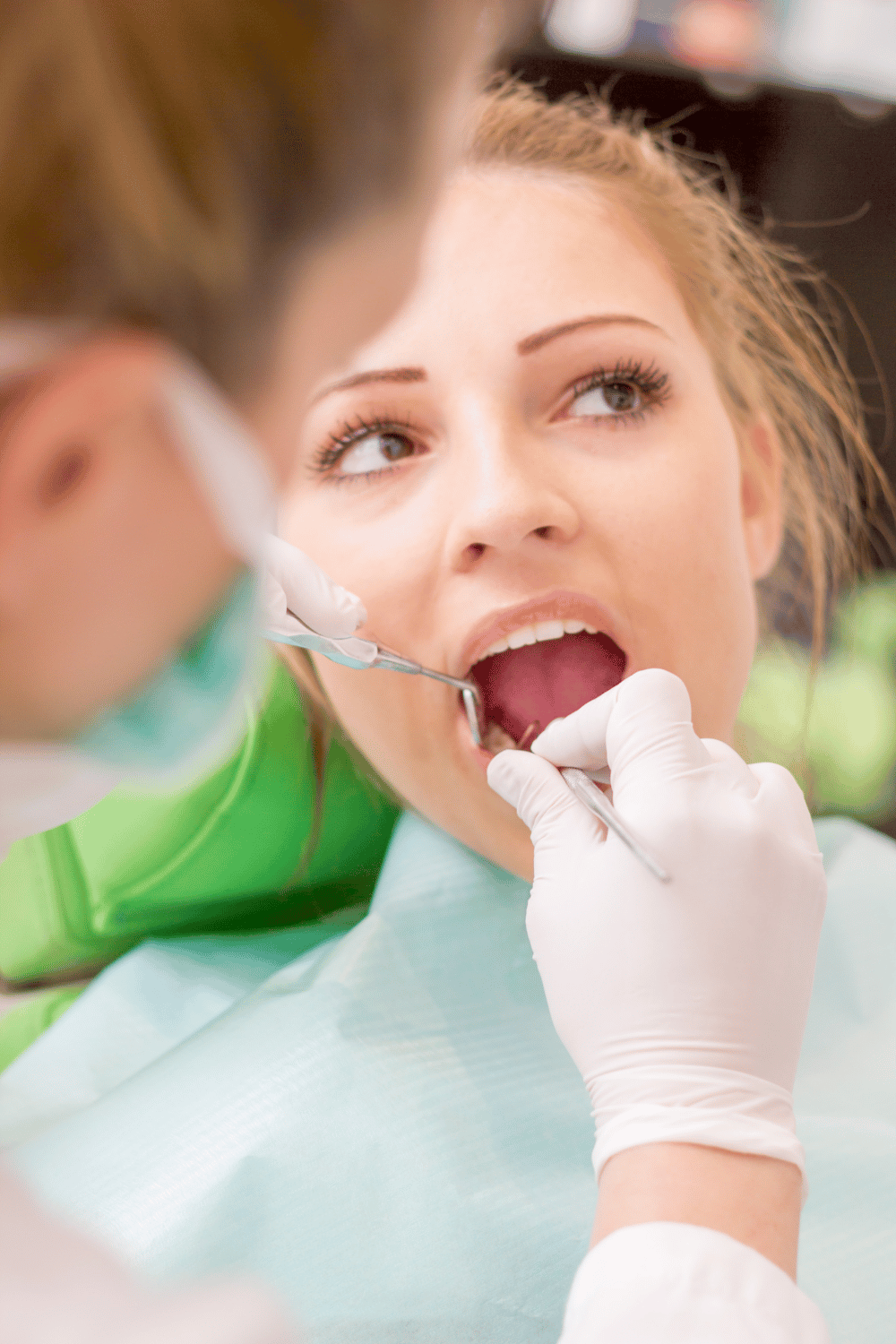Why You Should Include Crabs In Your Diet?

Crabs are often overlooked as a healthy food source, but they provide a powerhouse of nutrition along with delicious flavor. There are numerous varieties of crabs to explore beyond just the popular staples like snow crab and king crab legs. Discovering the lesser-known crab species can add exciting variety to your diet. Here’s an overview of the many benefits of eating crabs and why you should consider including them in your regular meal planning.
An Excellent Source Of Lean Protein
Like other types of shellfish, crabs provide high-quality complete protein with all the essential amino acids. An 85g serving of blue crab contains around 20g of protein. Crab meat is low in fat and calories, making it an ideal source of lean protein to support muscle growth and satisfaction. The rich protein content also makes crab filling nutritious without lots of excess carbohydrates. Going beyond just crab cakes and dipping into curries, stir-fries, and salads gives you a healthy way to meet your daily protein needs.
Loaded With Key Vitamins And Minerals
In addition to protein, crab meat delivers a spectrum of important vitamins and minerals. Eating crab supplies you with selenium, phosphorus, zinc, copper, magnesium, and vitamin B12 among others. Shellfish are one of the few food sources of vitamin B12, which supports nerve function and DNA production. The mineral selenium in crabs provides antioxidant effects to boost immunity. Nutrients like omega-3 fatty acids in crabs also promote heart health and brain function. Taking advantage of this dense nutrient package makes crab a smart addition to your diet.
Supply Of Antioxidants
Crabs contain several antioxidants including astaxanthin which gives crab meat its distinctive red color. Astaxanthin demonstrates anti-inflammatory effects that may help combat chronic disease. Eating crab can also provide carotenoids like lutein and zeaxanthin that support eye health and preserve good vision. Crab further contains the antioxidant mineral zinc which boosts the immune system and wound healing. The wide range of antioxidant compounds makes crab an effective way to fight free radical damage that leads to chronic disease.
Low Mercury Content
Unlike some larger fish at the top of food chains, most crab species are low in mercury contamination. This makes them a safer seafood choice, especially for women who are pregnant or breastfeeding. Always opt for sustainably harvested crabs to minimize environmental toxins. But in general, crabs offer the nutritional benefits of seafood without the high mercury levels found in species like tuna or shark. For those looking to limit mercury intake, the crab can provide a tasty lower-risk alternative.
Sustainable Fishery
The stone crabs for sale in most major markets are harvested from one of the most sustainable and well-managed fisheries. Strict harvesting regulations for stone crabs help support healthy crab populations while minimizing environmental impacts. Fishermen are required to only take one claw from each crab and then release it back into the ocean. This spares the harvested crabs and allows populations to remain stable. The stone crab fishery has some of the most effective management policies that make it an environmentally responsible seafood choice.
Versatile Ingredients
Crabs pair well with a multitude of global flavors and make tasty additions to recipes across cuisines. They can be featured in pasta, stir fries, fritters, soups, curries, and more. Mix up your usual proteins by adding crab meat to tacos, salads, rice bowls, omelets, sandwiches, and pizzas. Beyond main dishes, crab also shines in appetizers like crab rangoon and crab cakes. Taking advantage of crab’s versatility breaks you out of a crustacean rut.






